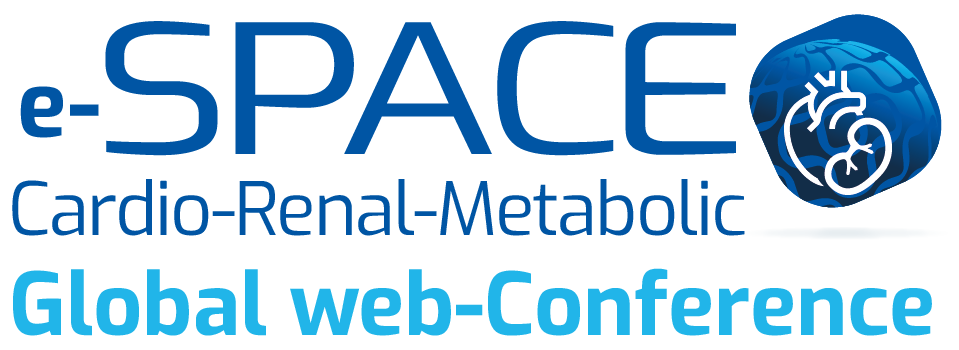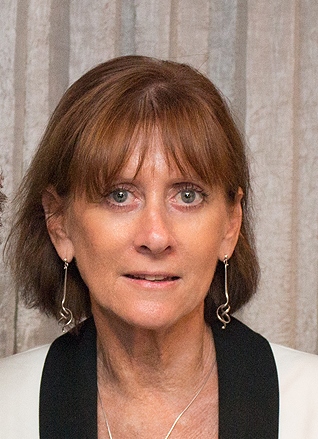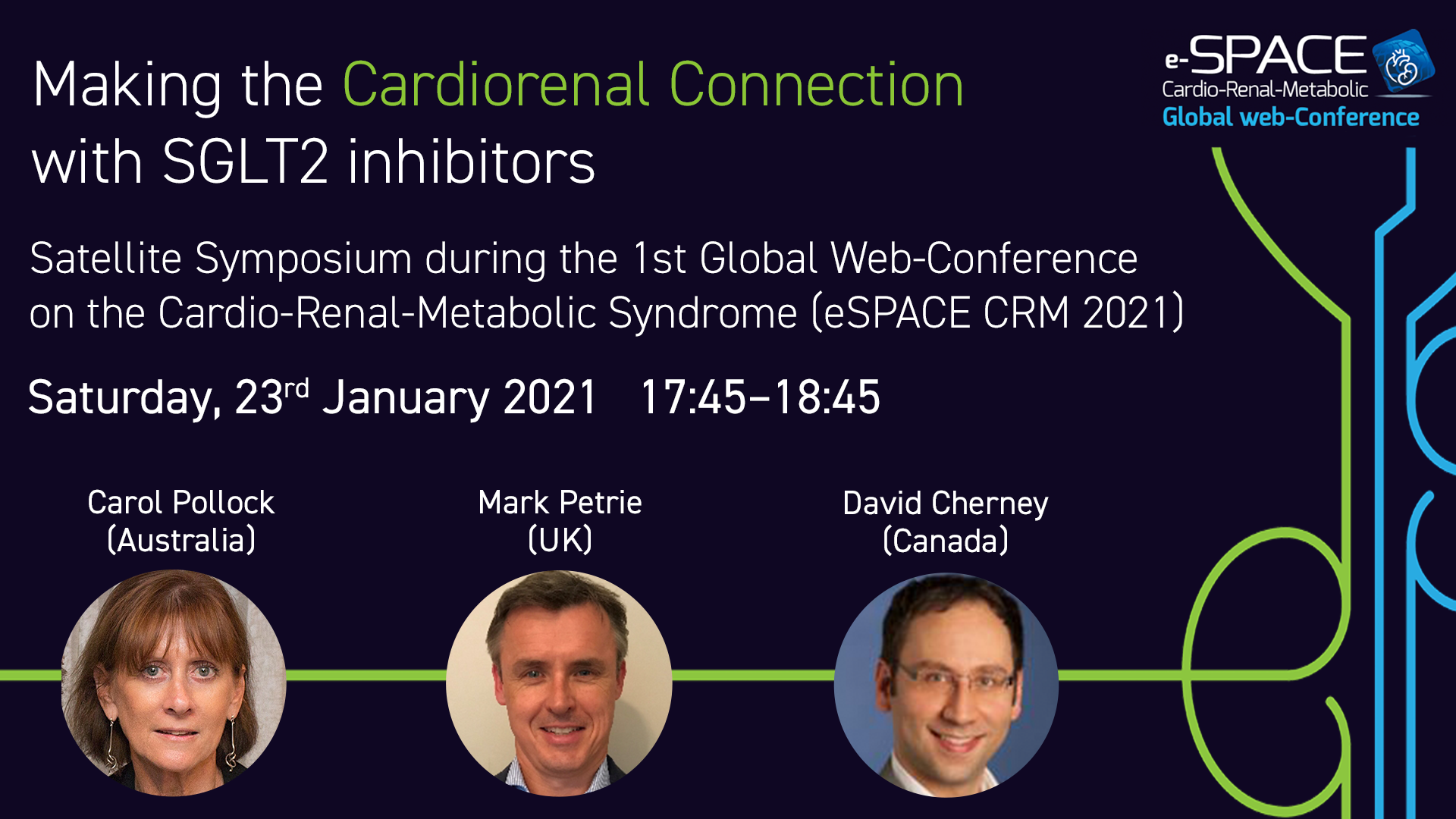Making the Cardiorenal Connection with SGLT2 inhibitors
Published: 25 February 2021
-
Views:
 13538
13538
-
Likes:
 7
7
-
Views:
 13538
13538
-
Likes:
 7
7
Overview
This educational symposium was part of the eSPACE CRM meeting held on 22-24 January 2021.
The session focuses on latest data and practical implication of SGLT2 Inhibitors in Heart Failure patients.


Learning objectives
This educational symposium will allow the audience to:
- Understand the pathophysiological connections between cardiovascular disease and kidney disease
- Understand how SGLT2 inhibition modifies cardiovascular and kidney function to affect patient outcomes
- Identify individuals at risk of incident and progressive cardiorenal disease and utilise SGLT2 inhibitors appropriately for prevention and treatment of the associated conditions
- Explain how recent guideline updates position SGLT2 inhibitors within the treatment regimen for patients with, or at risk of, cardiorenal disease
Symposium Agenda
Time - Session title and objective - Speaker(s)
- 10 mins - Welcome and Introductions - Carol Pollock
- 20 mins - The Cardiac Connection - Mark Petrie
- 20 mins - The Renal Connection - David Cherney
- 10 mins - Joined-up thinking: Evolving guidelines for cardiorenal disease management - All faculty
More from this programme
Part 1
Welcome & Introductions
| 1 session | |
| Welcome & Introductions | Watch now |
Part 2
The Cardiac Connection
| 1 session | |
| The Cardiac Connection | Watch now |
Part 3
The Renal Connection
| 1 session | |
| The Renal Connection | Watch now |
Part 4
Joined-up thinking: Evolving guidelines for cardiorenal disease management
| 1 session | |
| All Faculty | Watch now |
Faculty Biographies

Carol Pollock
Professor of Medicine
Carol Pollock is Professor of Medicine at the University of Sydney in Sydney, Australia.
Prof Pollock is an academic nephrologist and renal transplant physician with over 290 publications in basic research and clinical medicine. She is an inaugural Fellow of the Australian Academy of Health and Medical Sciences (2015), was conferred a Vice Chancellors Award for Excellence in Research Supervision (2012) and recognised as a ‘Distinguished Professor’ by the University of Sydney (2012).

Mark Petrie
Professor/Honorary Consultant (Institute of Cardiovascular & Medical Sciences)
Prof Mark Petrie is Professor of Cardiology in the Institute of Cardiovascular and Medical Sciences at the University of Glasgow, UK. Prof Petrie started his studies as an undergraduate at Edinburgh University, before training in cardiology in Glasgow. He worked as a heart failure and interventional cardiologist for many years before transferring to the University of Glasgow in 2016.
Prof Petrie's research interests focus on diabetes and cardiovascular disease in heart failure, structural intervention and revascularization in heart failure, peripartum cardiomyopathy, microvascular disease in heart failure with preserved ejection fraction, postmyocardial infarction cardiac remodeling, iron in heart failure, and cardio-oncology. While Prof Petrie has many research interests, he also takes pleasure in mentoring future high-caliber cardiologists and has supervised many outstanding individuals during their PhDs and MDs.

David Cherney
Following his clinical training in Nephrology, Dr. Cherney completed his PhD in human renal physiology at the Institute of Medical Science, University of Toronto in 2008. He is currently Professor in the Department of Medicine, University of Toronto and a Clinician Scientist at the University Health Network and Mount Sinai Hospitals, where he is director of the Renal Physiology Laboratory.
During his PhD training, Dr. Cherney was the recipient of a Kidney Foundation of Canada Scholarship and then a three-year KRESCENT Fellowship. He is currently supported by a five-year Canadian Diabetes Association-KRESCENT Program Joint New Investigator Award and receives operating funding from the Canadian Institutes of Health Research, Juvenile Diabetes Research Foundation and Kidney Foundation of Canada.






